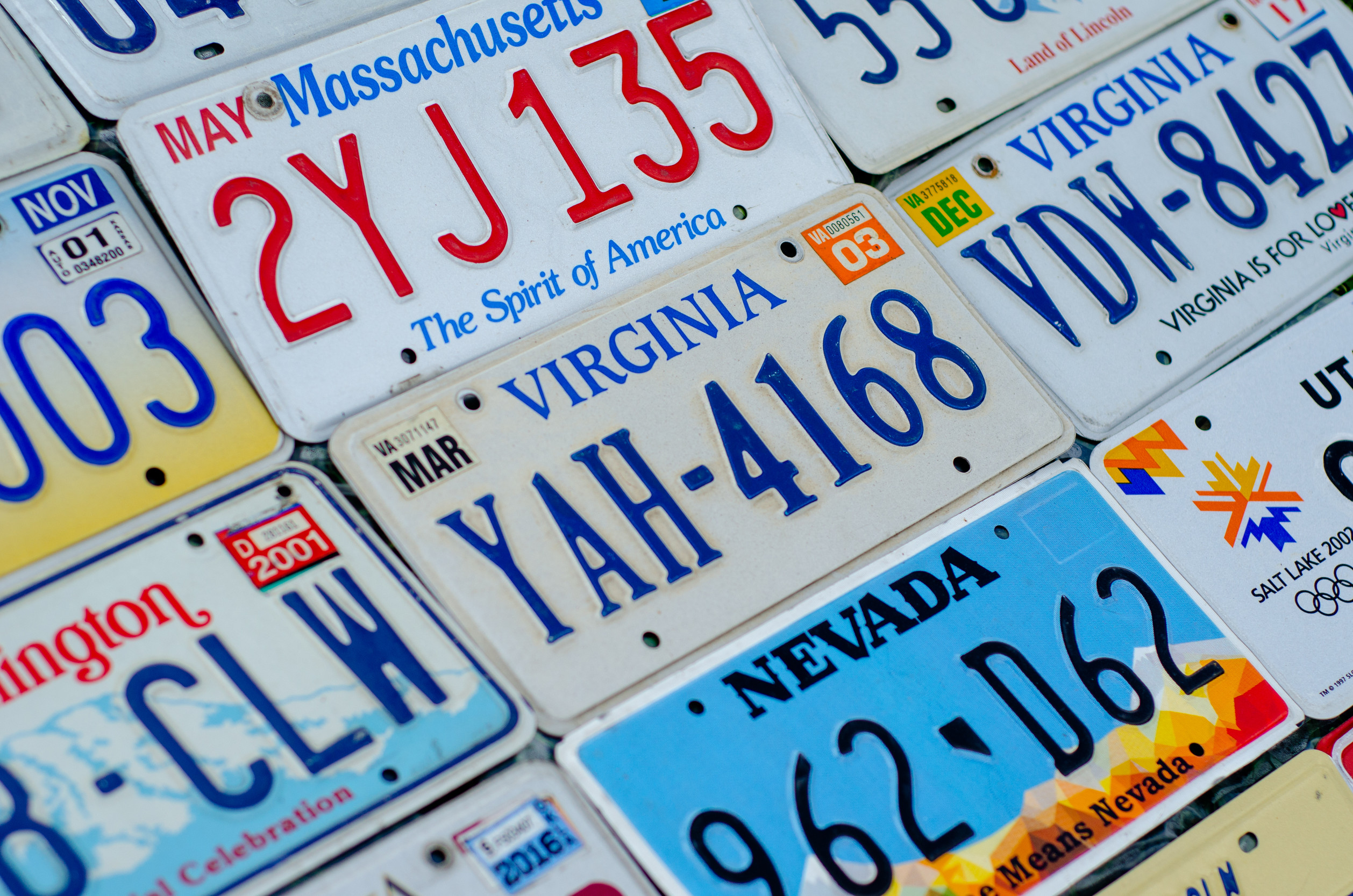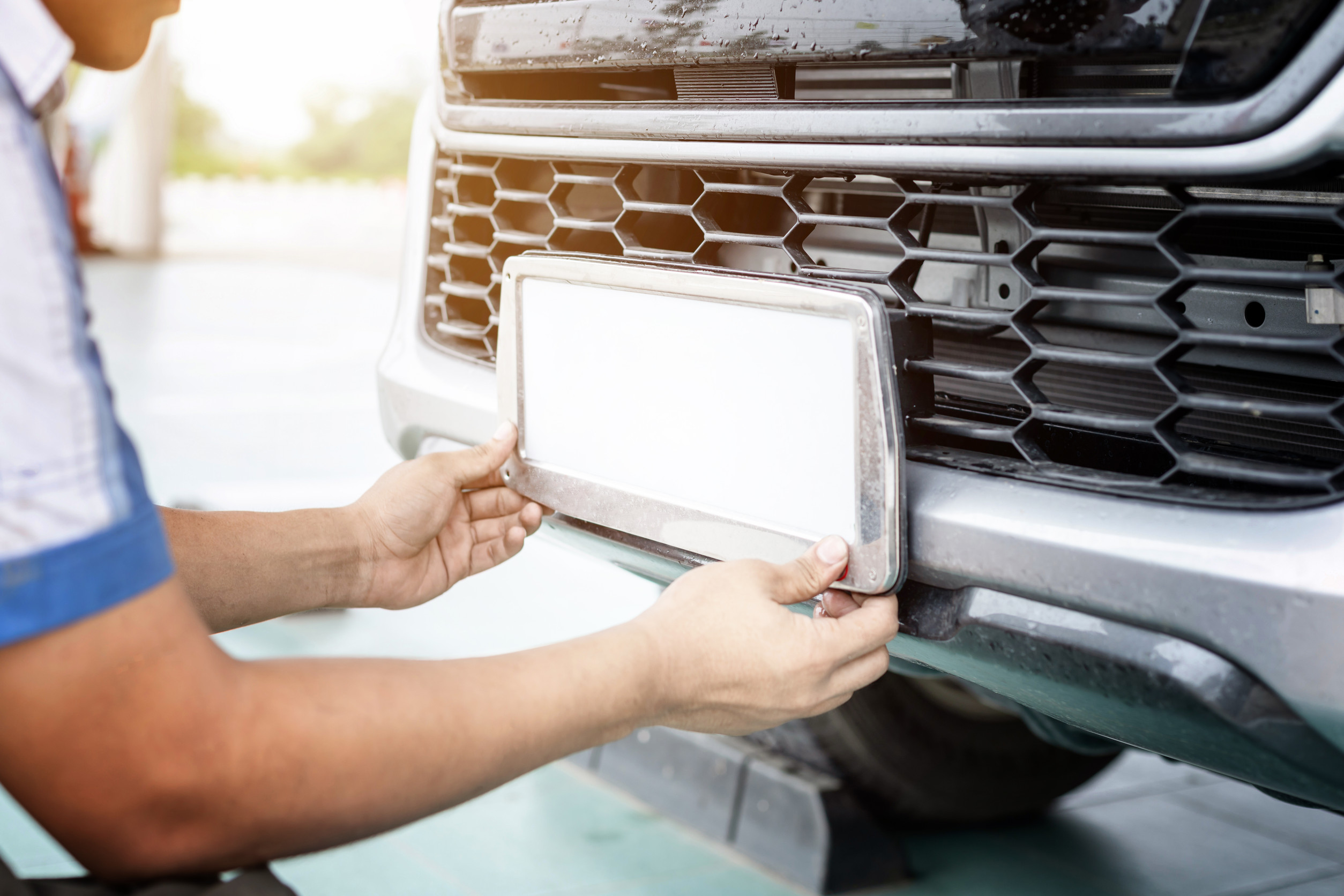
Walk into a parking lot today, and there’s a good chance your vehicle is being watched—specifically, your license plate. No, it’s not just about preventing theft or keeping track of time limits.
Some stores are quietly snapping photos of customer plates and running that data through powerful software. The reason why might surprise you. It’s not about catching criminals—it’s about targeting customers.
License Plate Cameras Are the New Data Goldmine
Retailers are increasingly using license plate recognition (LPR) systems to collect customer data. These cameras automatically capture plates as cars enter and leave parking lots, creating a record of visits. That data can then be linked to loyalty programs, in-store purchases, and even credit card records. By tracking return visits, stores get a clearer picture of customer habits beyond what happens inside the store. It’s all part of a growing trend to turn physical traffic into actionable digital intelligence.
Not Just Security—It’s Marketing Intelligence
While stores often claim these systems are for safety, their real value lies in analytics. By identifying which cars return frequently, stores can rank customer loyalty without a single survey. This silent tracking lets them tailor promotions, time staff schedules, and optimize layout decisions. The data can even be sold to third-party advertisers hungry for real-world behavioral insights. What looks like a security tool is actually a marketing strategy in disguise.
Some Chains Are Linking License Plates to Purchase History
In some cases, license plate data is being tied directly to transactions. Through integrations with point-of-sale systems, retailers can match a plate to a purchase made by the driver that day. This allows them to create highly specific customer profiles—without the customer ever opting in. It’s a subtle form of surveillance that flies under the radar of most privacy-conscious shoppers. And since license plates are considered public information, there’s often little legal resistance.
Retailers Use It to Compete With Online Shopping
One reason stores are turning to this technology is to fight back against the data edge of e-commerce giants. Online retailers track user behavior down to the pixel, but brick-and-mortar businesses historically lacked similar tools. LPR systems give physical stores a way to close that data gap by observing who shows up and how often. This data helps them refine inventory, personalize service, and offer more competitive deals. The goal is to make the in-store experience just as data-driven as online shopping.
Parking Lots Are the New Front Lines of Retail Strategy
Parking areas used to be logistical afterthoughts—now they’re vital touchpoints for data collection. Some stores even analyze how long shoppers stay based on timestamps from LPR systems. Longer visits might signal engagement, while quick in-and-outs could point to layout or service issues. In some cases, businesses use this intel to rearrange departments or adjust music and lighting. Everything from parking duration to repeat visits is now a retail performance metric.
You’re Probably Not Being Told It’s Happening
Most stores don’t advertise that they’re photographing license plates. While signage may disclose the presence of surveillance cameras, it rarely specifies that LPR is in use. Because license plates are publicly viewable, retailers often don’t need your consent to photograph them. This legal gray area allows them to collect and use your data without much transparency. It’s surveillance that operates just under the radar, unnoticed by most customers.

The Technology Is Cheaper and Smarter Than Ever
Advanced LPR systems used to be expensive and limited to law enforcement or toll roads. But now, affordable hardware and cloud-based AI make it easy for even small retailers to join in. These systems can read plates in all lighting and weather conditions, process data in real time, and integrate with other analytics tools. The lower cost means stores can scale this kind of surveillance across dozens or even hundreds of locations. Retail chains now have a tech infrastructure that rivals some government surveillance programs.
Some Stores Share Plate Data With Third Parties
In certain cases, retailers aren’t just collecting license plate data for internal use—they’re sharing or selling it. Marketing firms, insurers, and even law enforcement agencies may access this information, depending on local regulations. That raises serious questions about consent, privacy, and control of personal data. If a customer’s driving pattern ends up affecting an insurance premium or targeting by advertisers, it crosses into murky ethical territory. What starts as customer tracking quickly becomes a broader data ecosystem.
Privacy Advocates Are Sounding the Alarm
Digital rights groups are beginning to push back on unchecked license plate monitoring by private companies. They argue that it’s a form of mass surveillance that lacks accountability and transparency. Since most consumers don’t know it’s happening, there’s no meaningful way to opt out or dispute the information collected. Laws governing license plate recognition vary widely, and few directly address retail uses. Without updated privacy legislation, this trend could accelerate unchecked.
Customers Are Starting to Push Back
As awareness grows, some shoppers are beginning to demand answers. Lawsuits and complaints have already surfaced against stores that failed to disclose LPR use. In response, some companies are reconsidering how they deploy this technology or adding clearer signage. Transparency could become a competitive differentiator in an increasingly surveillance-weary market. Retailers who are upfront about their data practices may earn more trust in the long run.
The Eyes in the Lot and the Questions They Raise
License plate tracking in retail parking lots isn’t just about safety—it’s about data, power, and control. What seems like a security measure is often a silent attempt to understand, predict, and influence customer behavior. With the rise of cheap tech and lax regulation, these systems are spreading fast. But the lack of transparency is a growing issue, and more customers are starting to notice.
What do you think—should stores be allowed to track your plate, or is it a step too far? Share your thoughts in the comments.
Read More
10 Features in Your Car That Can Be Exploited by Thieves
Why Buying Used Cars Is Smarter Than Ever in 2025
The post The Surprising Reason Some Stores Photograph Your License Plate appeared first on Everybody Loves Your Money.







